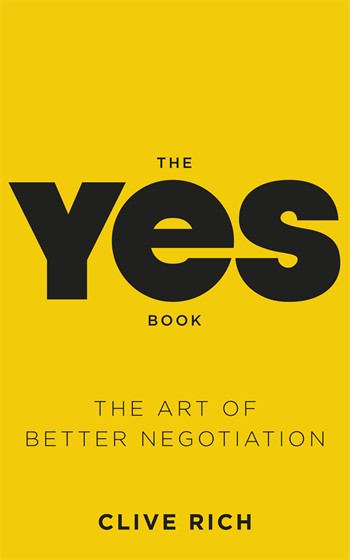Last week it was rumoured in Music Week (here) that deals may be in the pipeline for both Apple (signing licensing deals with the Major labels for their Cloud-based iTunes service) and Google (forming an alliance with Spotify to provide their own music streaming service).
Looking at the motivations which may underlie these potential deals, it’s easy to see why Spotify might want an ally to effect rapid entry into the US. Utilising Google’s negotiating strength might help lower the cost of licensing deals which must be a pressing (reassurance) negotiating need.
It’s also clear that a Google/Spotify deal could suit Google, giving it instant clout in the subscription streaming market to help with its own (achievement-based) negotiating needs.
From Apple’s point of view a cloud-based streaming service would also give it a significant place at the subscription table, which might allay its concerns about the vulnerability of its itunes ‘a la carte’ downloads service as streaming services grow in importance (a reassurance negotiating need).
From the Majors’ point of view, streaming deals with mighty players such as Google and itunes may still be seen as the path to digital salvation (a survival need). However, it remains to be seen whether this is really the case. So far, take up of subscription services has been slow, and by focusing on deals with only the bigger players such as itunes, Google and Amazon, the Majors put themselves in negotiations with parties who are much bigger than they are, and wield a lot of negotiating clout. This has not always worked for them in the physical world (think for example of the tough terms a major player like Tesco is able to impose on them).
Maybe a better route […]

